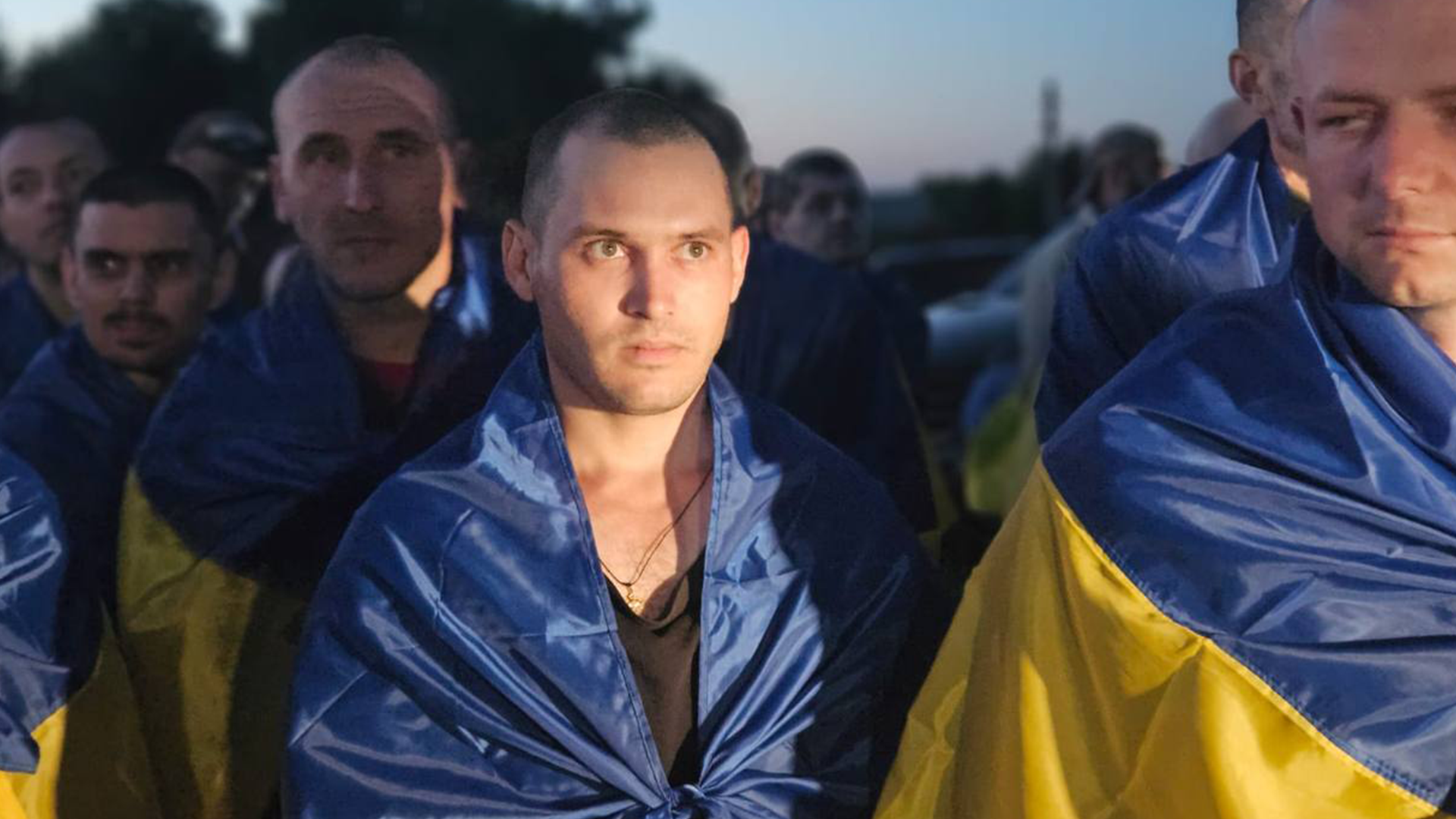
Ukraine and Russia carry out PoW swap, with steel mill defenders among those freed

Russia and Ukraine have each handed back 90 prisoners of war, marking the latest success in a series of periodic exchanges amid the ongoing war.
Ukrainian President Volodymyr Zelensky confirmed the successful swap, with the freed servicemen arriving at an undisclosed location.
Videos and photographs from Mr Zelensky's official Telegram account showed the emotional homecoming as soldiers alighted from buses, embraced their comrades and received Ukrainian national flags.
Among the returnees were the defenders of the Azovstal steel mill, who had endured a gruelling three-month siege in 2022, and soldiers who were captured during the brief Russian occupation of the Chornobyl nuclear power station.
In an unrelated move on the same day, the International Criminal Court (ICC) issued arrest warrants for former Russian defence minister Sergei Shoigu and General Valery Gerasimov, Russia's chief of the general staff.
The court said it had found "reasonable grounds to believe that the two bear responsibility for missile strikes carried out by the Russian armed forces against the Ukrainian electric infrastructure from at least October 10, 2022, until at least March 9, 2023".
Mr Shoigu and Gen Gerasimov are accused of war crimes and crimes against humanity for directing attacks against civilians and civilian objects in Ukraine.
Russia has consistently defended its actions, claiming Ukraine's energy infrastructure constitutes a legitimate military target - and denying any deliberate targeting of civilians.
However, neither Russia nor Ukraine are members of the ICC, complicating the enforcement of these warrants.









